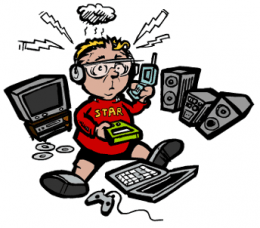 As I sat down to write this blog the mail arrived. I recognised one letter and knew I was interested in the contents. Should I open it or set it aside? I set it aside. Had I opened it I knew I would be tempted to respond – but I had determined to write this blog! Writing was the most important priority at that moment. I did not want to get distracted.
As I sat down to write this blog the mail arrived. I recognised one letter and knew I was interested in the contents. Should I open it or set it aside? I set it aside. Had I opened it I knew I would be tempted to respond – but I had determined to write this blog! Writing was the most important priority at that moment. I did not want to get distracted.
Jesus’ experience
When the disciples returned from their first ministry trip they were excited about what had happened. Jesus started to debrief them and, because of the crowds, they boarded a boat to cross the lake to a quiet cove. But the crowds saw them going and got there first on foot. Should Jesus stop and speak to them? Or was it a distraction? Potentially it was; he needed to make a decision. He took control of his options; he was not driven by the pressure of circumstances or popular opinion. Because he knew his calling to the lost (Is 61:1-3) he decided to teach all day. He also fed the crowd. Then he returned to his planned meeting with the disciples – not recorded, but how else could he have known the numbers of people and the baskets of left-overs? (Mk 6:43, 44) – before going away to pray.
Take control
We live in an environment of external ‘forces’ constantly clamouring for our attention. These are distractions; they invade our private space and knock us off course from the priorities we have set for ourselves. But, unlike many interruptions, which are imposed from ‘outside’, we have control over what we do with distractions. How do we avoid or handle them? Live on a desert island?! Clearly that is impractical (although an attractive idea for a season). So we need to know how to stay in control.
To help us get a grasp of the problem next time I will give some definition and examples of typical distractions that will help us to recognise them.
